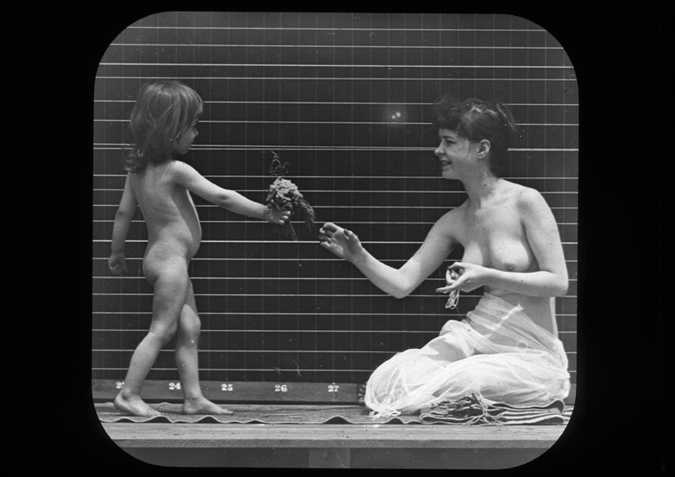Marnie Clark
1.
Every time he got to me, every time he lay on me,
I wore a path to a thistle-choked ravine.
Past the garden, past father’s grave,
when step-father got his hands up my skirt,
prodded into me—Marnie, my darling, my dove—
his calluses against my raw thighs, my neck when I struggled.
I’d stare across the ravine—blue hills like frozen waves.
A stern breeze scrubbed his stench from my skin.
2.
He was awfully quiet; how Mother knew I couldn’t say.
After he left, I saw her sharp face peering in the shed window.
I slid off an old bench, yanked my dress into place.
She stared in like I was a stranger—I stared back.
Mother ranted at my gaunt figure when I couldn’t eat,
lost my job at Hoyt’s café—mostly she missed my pay.
I paced my room at night, always a book in hand,
always a lantern glowing low, softly reading Bible lore.
Her face soft, my little sister Helen
hugged her ragdoll, lulled to sleep by my footfall.
3.
Mother gave me pills to start my monthlies,
banished her husband to a cellar room—Marnie, my dove.
Helen asked why her daddy slept down with the spiders;
I said they caught his bad ideas, wrapped them in webs.
4.
I was sent to work at an all-woman’s hotel, west of us in Seattle,
rode the train out, ready for liberty, even if only as a Lincoln Hotel maid.
I found amusement in foreign travelers’ voices,
odd curios in waterfront shops, the long shadows of tall buildings,
even a tinge of contentment in polishing mahogany furniture,
making up brass beds with horsehair mattresses.
The mist off Elliot Bay washed my mind. Mt Rainer’s white peak
oversaw my dreams. Outside my window in the worker’s quarters,
fog leaned against the heavy green of the cedar trees,
mellowed wagon and car traffic, held the slight light of the lilacs.
5.
I counted how many rooms I’d clean before Helen could be safe,
counted on getting a little house—away from him.
I turned calendar pages, the days adding up so slowly.
Poured my savings onto my bed, the money measly in my hands.
6.
Another maid showed me the new Hillside Brothel
on Tenth Avenue South—I listened in the hall,
heard the man’s moans, the short time he was in and out,
saw the cash, knew I could do that.
At first I spent the extra on a white silk wrap,
rouges, perfumes and creams, trinkets and toys for Helen.
Later, I found my way into gambling parties, lost
track of my Hillside wages, worked extra to make it back.
7.
Mother wrote: Helen moved away for a bit,
I threw away the coat you sent. Stay away.
Making beds by day, lying on them all night,
the counted-on money never amounted to much.
The dark over the city, the dark over the ocean—
my hopes tangled up in linen.
Kim Loomis-Bennett is a life-long resident of Washington State, besides a detour into Oregon where she met her husband. Her poems and book reviews have appeared in The November 3rd Club, The Copperfield Review, Poet’s Quarterly, and Hippocampus Magazine. Her most recent work is included in The Prose-Poem Project. She teaches at Centralia College. She has an MA in Creative Writing from Wilkes University and will graduate with her MFA, January 2014. She lives in Lewis County with her family. Her work, Soiled Doves: A Poetic Sequence, published in 2011, is available as an ebook.


